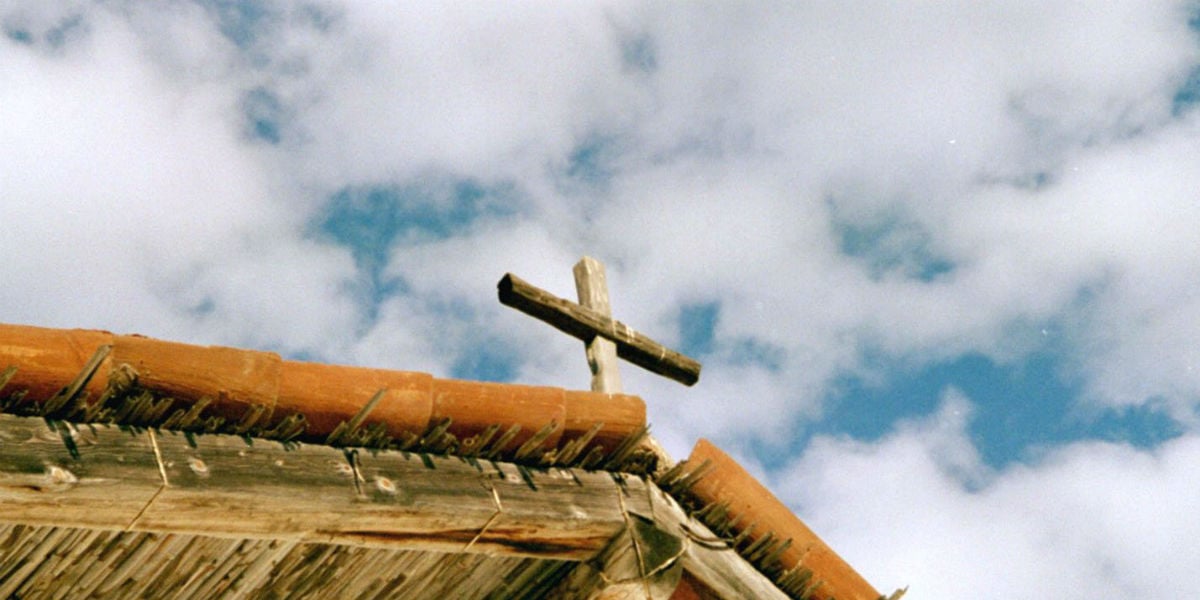Regina Caeli – Queen of Heaven, Rejoice!
The Regina Caeli, Latin for “Queen of Heaven,” is a hymn and prayer ...

The Catechism of the Catholic Church (1992) here makes clear that Satan, aka the devil, cannot be reduced to a mere symbol of evil. He is a personal being, a fallen angel, who is at the same time not an evil god, but a creature who is neither infinite nor omniscient.
391 Behind the disobedient choice of our first parents lurks a seductive voice, opposed to God, which makes them fall into death out of envy.266 Scripture and the Church’s Tradition see in this being a fallen angel, called “Satan” or the “devil”.267 The Church teaches that Satan was at first a good angel, made by God: “The devil and the other demons were indeed created naturally good by God, but they became evil by their own doing.”268
392 Scripture speaks of a sin of these angels.269 This “fall” consists in the free choice of these created spirits, who radically and irrevocably rejected God and his reign. We find a reflection of that rebellion in the tempter’s words to our first parents: “You will be like God.”270 The devil “has sinned from the beginning”; he is “a liar and the father of lies”.271
393 It is the irrevocable character of their choice, and not a defect in the infinite divine mercy, that makes the angels’ sin unforgivable. “There is no repentance for the angels after their fall, just as there is no repentance for men after death.”272
394 Scripture witnesses to the disastrous influence of the one Jesus calls “a murderer from the beginning”, who would even try to divert Jesus from the mission received from his Father.273 “The reason the Son of God appeared was to destroy the works of the devil.”274 In its consequences the gravest of these works was the mendacious seduction that led man to disobey God.
395 The power of Satan is, nonetheless, not infinite. He is only a creature, powerful from the fact that he is pure spirit, but still a creature. He cannot prevent the building up of God’s reign. Although Satan may act in the world out of hatred for God and his kingdom in Christ Jesus, and although his action may cause grave injuries – of a spiritual nature and, indirectly, even of a physical nature- to each man and to society, the action is permitted by divine providence which with strength and gentleness guides human and cosmic history. It is a great mystery that providence should permit diabolical activity, but “we know that in everything God works for good with those who love him.”275
These words on the Satan (the devil) and the fallen angels comes from Part I of the Catechism on the Profession of Faith, Section Two. For the entire text of the Catechsism, visit the Vatican Website.
266 Cf. Gen 3:1-5; Wis 2:24
267 Cf. Jn 8:44; Rev 12:9
268 Lateran Council IV (1215): DS 800.
269 Cf. 2 Pet 2:4
270 Gen 3:5
271 1 Jn 3:8; Jn 8:44
272 St. John Damascene, De Fide orth 2,4: PG 94, 877.
273 Jn 8:44; cf. Mt 4:1-11.
274 1 Jn 3:8
275 Rom i:28
No Comments